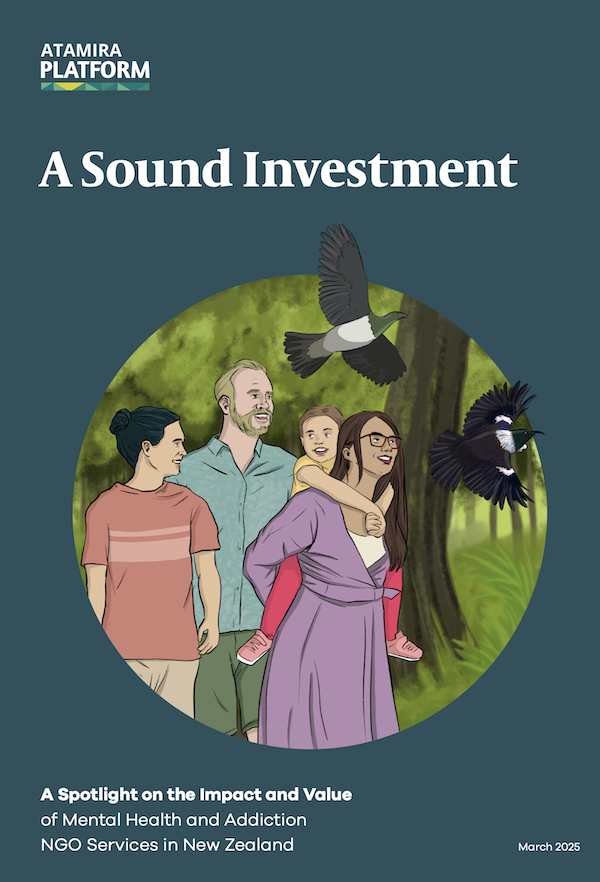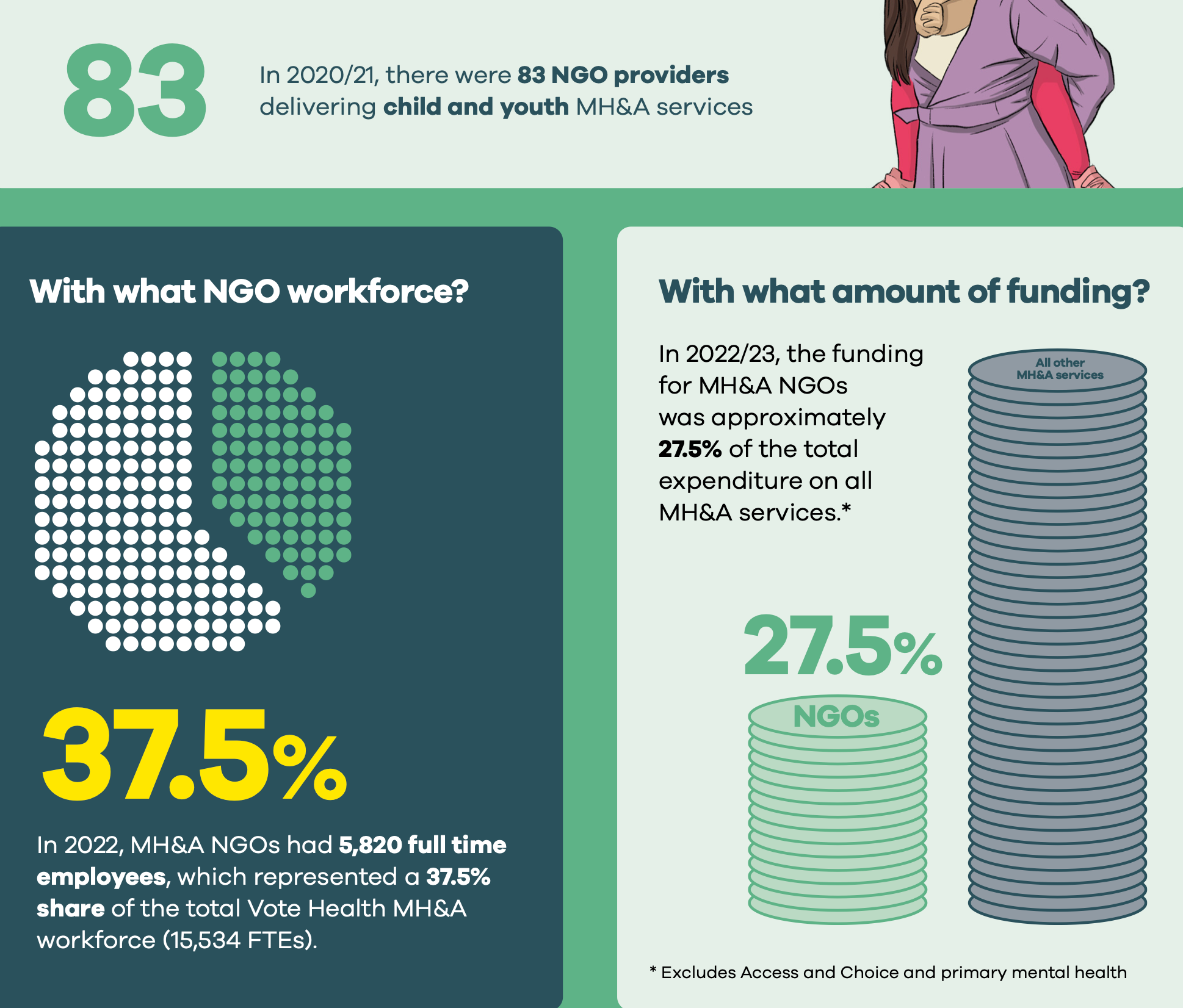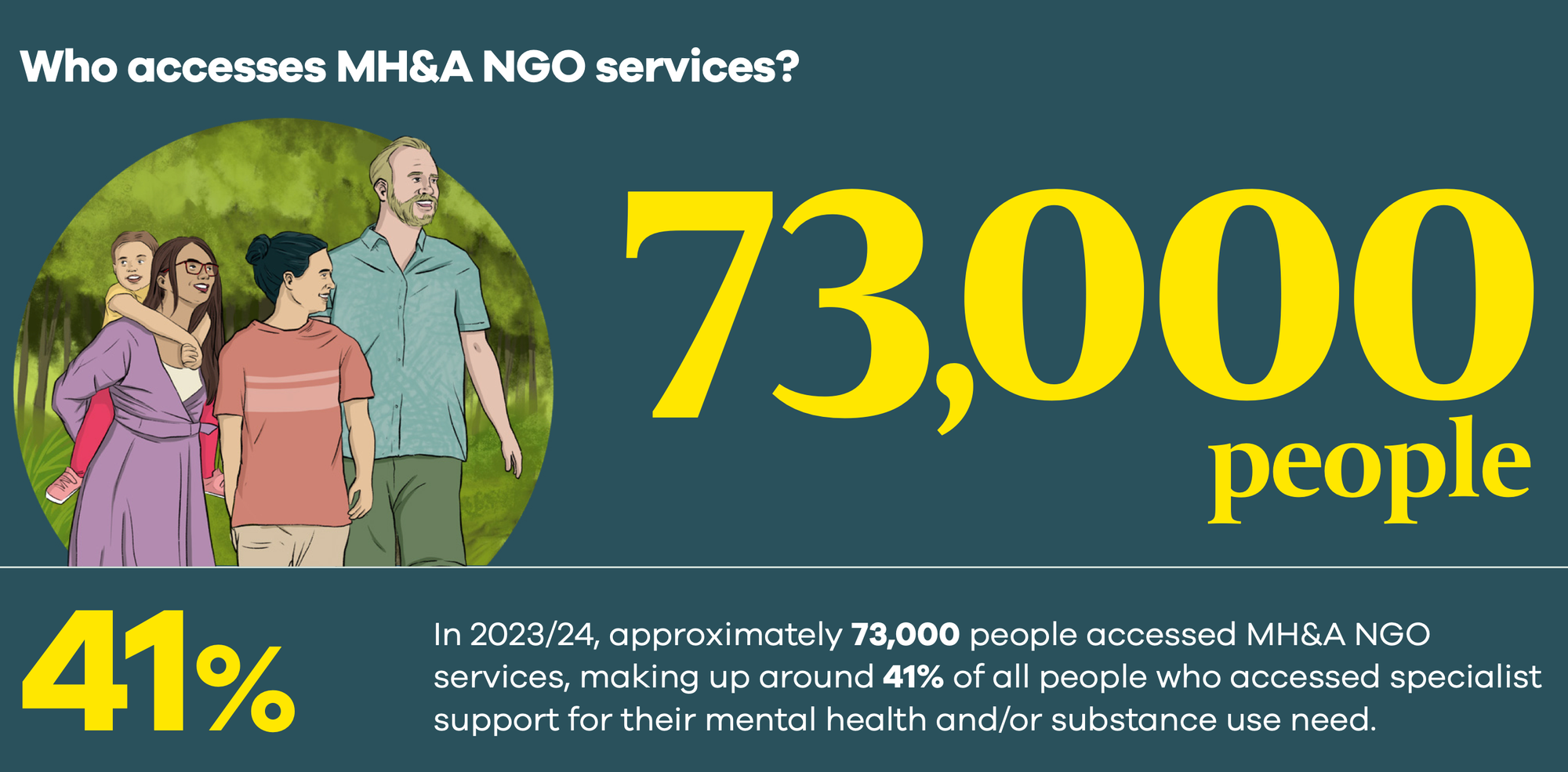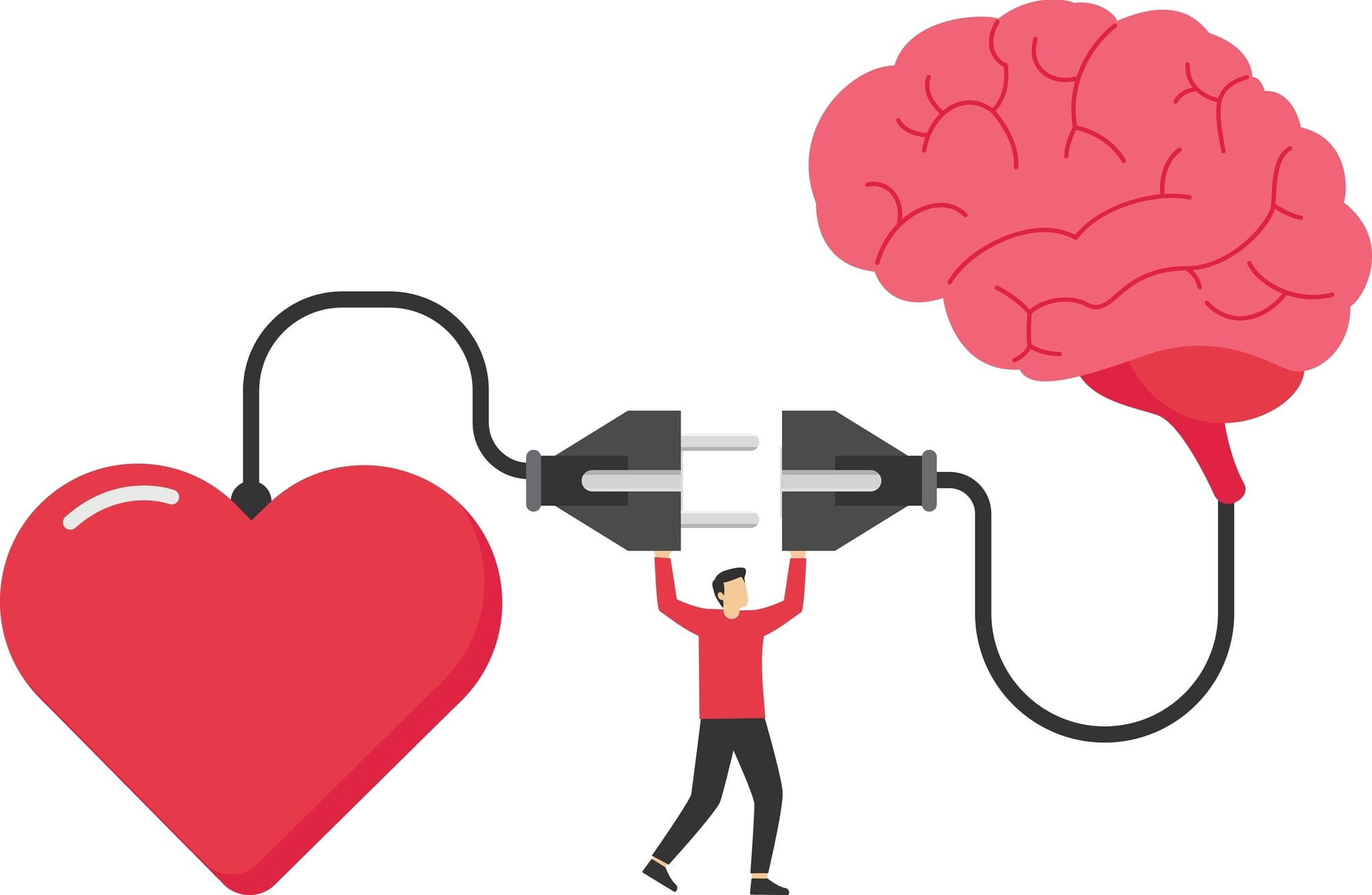
Our numbers add up
Let’s start with the basic truth: NGOs deliver a better return on investment than many other parts of the mental health and addiction system.
We’re faster, leaner, closer to the people. We do more often with less, and still, we’re constantly having to justify our existence. If you're in any doubt about our worth and value I urge you to read A Sound Investment, the excellent report published by Platform Trust in March 2025. There's a link below:

Smart businesses run well
It frustrates me that when people hear “non-government organisation,” they hear “optional.” What they should hear is “smart business.” If we run services through public contracts—i.e. taxpayer funding—we have an obligation to deliver measurable value, and we do. Over and over again.
The numbers tell the story. The number of NGOs hasn’t changed much in the past decade, but the number of people we serve has nearly doubled. Meanwhile, funding hasn’t kept pace.
Good at what we do

Strength in numbers
The public sector is like an oil tanker—massive, capable, but slow to turn. We’re the fleet of agile boats that can get in close, navigate rough waters, and reach the people no one else can. During COVID, it was the larger NGOs that sourced PPE—but it was the smaller ones who got it into hard-to-reach communities. That’s the model: big and small working in tandem, each playing to its strengths.

Passion meets progress
I've led services in the NHS, held executive roles in government, and worked across the world. I’ve never seen a more dynamic, capable, and innovative environment than the one I’m in now. And I’m not an outlier. Many of us came from senior public roles. We chose this space because it’s where things actually move. It’s where passion meets progress.
Up the pecking order
And yet, for all our results, we’re still treated as secondary. Why? Because we lack political power? Because our outcomes aren’t always packaged in the neat language of Treasury reports?
Lets get better at measuring deeper value
Right now, we do an okay job counting how many people we serve—but we’re missing the deeper metrics. What happens to those people once they access support? Do they return to work? Retain housing? Need less support over time? That’s where the true social return lies. The addiction sector has tools for this—we need a standardised outcomes framework in mental health that captures real-life change. Employment. Participation. Stability. Dignity.
Because when someone goes from chaos to contribution, that’s not just a personal success—it’s a public saving. Have your say in the comments below


